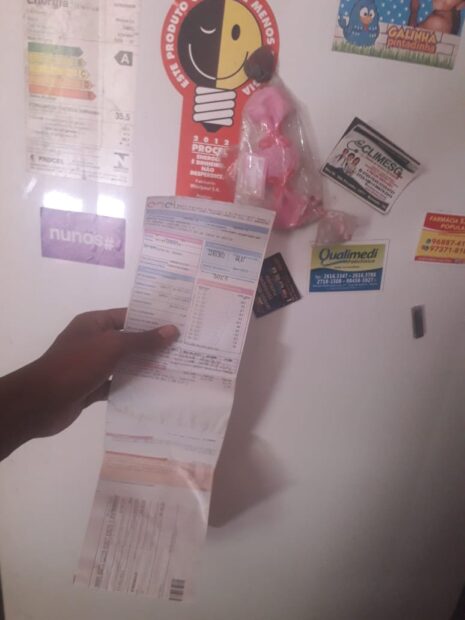Appliance efficiency policies are a key resource for Brazilian policymakers to curb emissions, reduce household energy costs, and meet global climate targets. In 2019, the Brazilian government recognized the need for a revised refrigerator policy, following technical advocacy from CLASP. CLASP’s research revealed that Brazilians were consuming twice as much electricity per refrigerator compared to the EU or U.S. The high electricity consumption linked to the outdated policy adversely impacted low-income families who were spending as much as 30 percent of their monthly income on utility bills.

By mid-2020, Brazilian policymakers agreed to a full overhaul of refrigerator energy efficiency policies, including the comparative label managed by the Metrology Institute (Inmetro), and the minimum energy performance standard (MEPS) managed by the Ministry of Mines and Energy (MME). However, from the outset, the refrigerator industry staunchly opposed any revisions to the policies, preferring to profit from the same outdated appliances they had been selling since the 1990s.
Between 2020 and 2023, CLASP supported the development of revised refrigerator efficiency policies, culminating in a revised refrigerator MEPS published in November 2023. For this MEPS, CLASP designed the policy to be implemented in phases from 2024 to 2030, developed the regulatory impact assessment, and supported the Ministry in replying to industry comments during the public consultation period.
Having failed to stop the MEPS during the public consultation period, the refrigerator industry sought to engage with congress and the press to cancel the MEPS before implementation began in 2024. The industry launched a public relations campaign claiming that the new policy would dramatically drive-up prices, making all refrigerators unaffordable for most Brazilians. A CLASP led analysis revealed the claim to be false, refrigerators meeting the new standard cost less than $400, well within the average range. The Ministry leveraged CLASP’s research to call out the industry’s dishonest campaign in the press and defend the new policy. Vice President Geraldo Alckmin made the final decision to maintain the new policy.
The first phase of the MEPS implementation began on January 1, 2024. Within days, a Brazilian manufacturer introduced a new, high-efficiency refrigerator that complies with the final phase of the policy for a price of only $340. The new policy will save Brazilian consumers an average of $164 over the lifetime of each refrigerator, putting more disposable income into the pockets of low-income Brazilian families, and will reduce national carbon emissions by 32.1 million tons by 2040.
